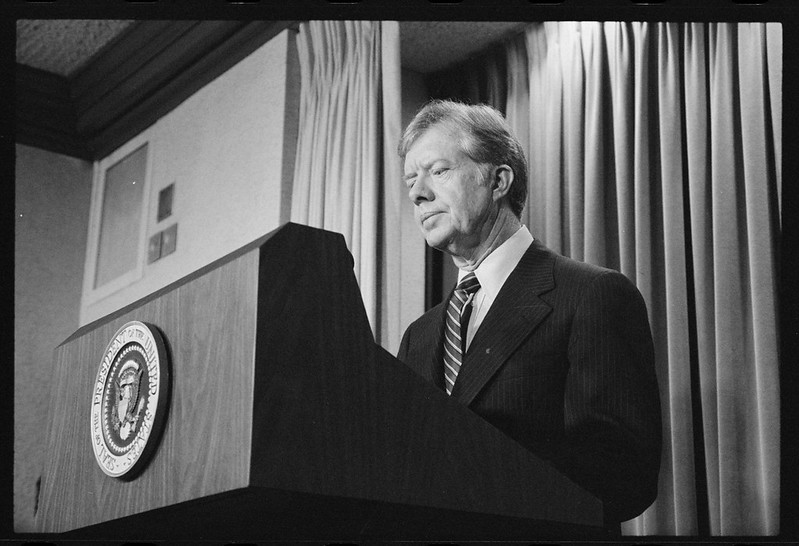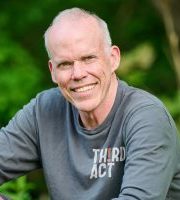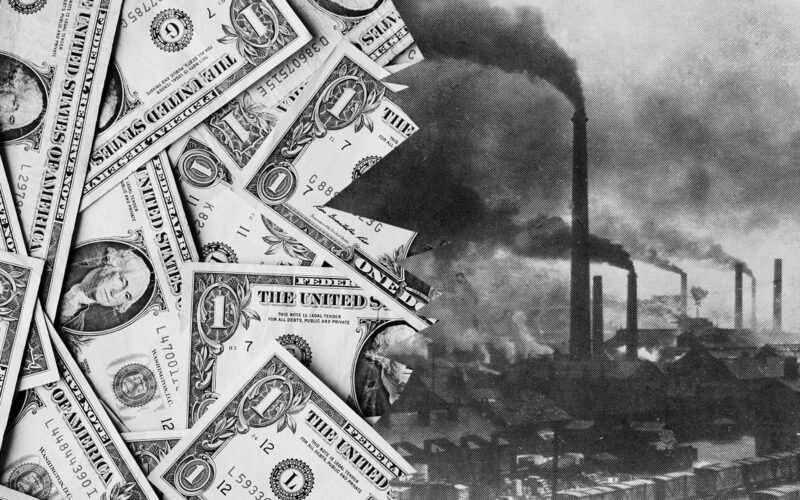
“[President Carter] declared May 3, 1978, to be Sun Day, and delivered a speech (in a driving rain—he was characteristically unlucky) from a federal solar-research facility in Golden, Colorado. ‘The question is no longer whether solar energy works,’ he said. ‘We know it works. The only question is how to cut costs so that solar power can be used more widely and so that it will set a cap on rising oil prices.’ He continued, ‘Nobody can embargo sunlight. No cartel controls the sun. Its energy will not run out. It will not pollute the air. It will not poison our waters. It’s free from stench and smog. The sun’s power needs only to be collected, stored, and used.’
Carter was correct. Had we embarked on an enormous project of solar research then and there, we could have cut the costs of renewable energy far faster than we did.”
Read "Jimmy Carter, Green-Energy Visionary" by Bill McKibben
Learn MoreSubmit a Letter to the Editor for Clean Elections and Clean Energy
Hold utilities and fossil fuel companies accountable, while reminding lax regulators that "sunlight is the best disinfectant"!
Act Now
Bill McKibben
Bill McKibben is a founder of Third Act, which organizes people over the age of 60 to work on climate, democracy, and racial justice. He founded the first global grassroots climate campaign, 350.org, and serves as the Schumann Distinguished Professor in Residence at Middlebury College in Vermont. In 2014 he was awarded the Right Livelihood Prize, sometimes called the ‘alternative Nobel,’ in the Swedish Parliament. He’s also won the Gandhi Peace Award, and honorary degrees from 19 colleges and universities.
He has written over a dozen books about the environment, including his first, The End of Nature, published in 1989. His most recently released book is The Flag, the Cross, and the Station Wagon: A Graying American Looks Back at his Suburban Boyhood and Wonders What the Hell Happened.



